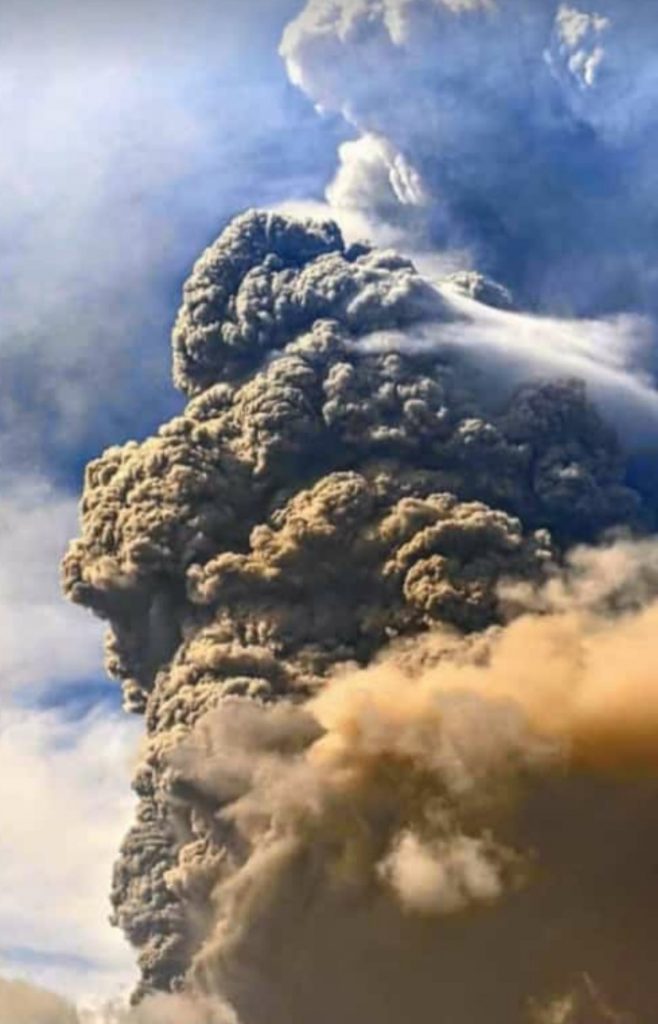GRAND CAYMAN, Cayman Islands (CMC) — The Caribbean Catastrophe Risk Insurance Facility (CCRIF) Monday said that it would be paying out an estimated US$2.2 million for relief and recovery efforts following the eruption of the La Soufrière volcano in St Vincent and the Grenadines. The volcano first erupted on April 9, forcing the evacuation of more than 16,000 people in the Red Zone area. Scientists monitoring the volcano have warned of continued seismic activity. The CCRIF, a segregated portfolio company, owned, operated and registered in the Caribbean, said that it has provided financial support in the form of a grant of US$2,209 million to the government of St Vincent and the Grenadines.
This support to the government has been made possible because CCRIF operates as a developmental insurance company, whereby our members have our commitment to support them in times of crises; seek out opportunities to enable them to enhance their resilience to current and future natural hazards,” said CCRIF chief executive officer, Isaac Anthony. Anthony said the CCRIF also engages donors and collaborate on programmes designed to reduce vulnerability; negotiate the best prices for reinsurance; “and advance disaster risk management and ecosystems-based solutions for the betterment of the peoples of the Caribbean and Central America in keeping with Agenda 2030 and the thrust to leave no one behind.”
CCRIF said it believes that this support will provide much needed liquidity to respond to the ongoing relief and recovery efforts on the Caribbean island. “Although CCRIF does not currently offer cover for volcanic eruptions it believes that as the dedicated disaster risk financing facility in the region, it has a moral obligation to respond as best as possible to the needs of its members when confronted with such dire circumstances. St. Vincent and the Grenadines has been a member of CCRIF since the inception of the Facility in 2007,” the CCRIF said in a statement, extending its sympathies to the government and people of St Vincent and the Grenadines.
Last month, the CCRIF also provided a small grant in the amount of US$17,000 to the Seismic Research Centre (SRC) of the University of the West Indies, whose scientists are on the island monitoring the volcano. It said the funds were used to purchase new communication and ground deformation equipment to be added to those already deployed in St Vincent, increasing the SRC’s capacity to understand the volcano’s eruptive processes and to better monitor it and be able to provide advanced warning of hazardous activity. In 2007, CCRIF was formed as the first multi-country risk pool in the world and was the first insurance instrument to successfully develop parametric policies for natural catastrophes.
The CCRIF said it is working to bring new parametric insurance products to market for drought and the agriculture sector and will give consideration in its new strategic planning cycle, starting this year, to providing coverage for volcanic eruptions considering that there are 19 live volcanoes in the Eastern Caribbean.

